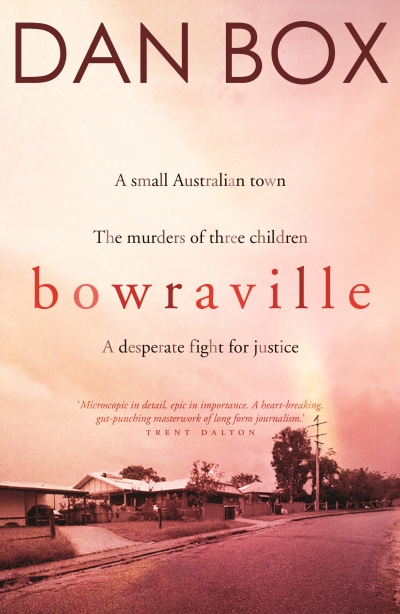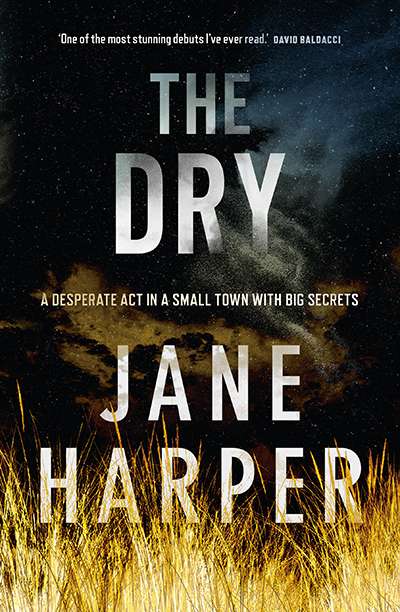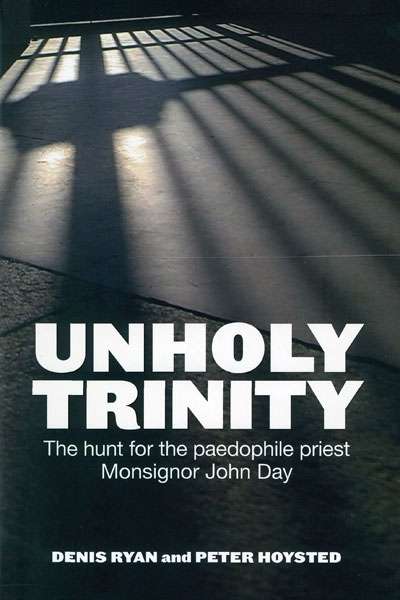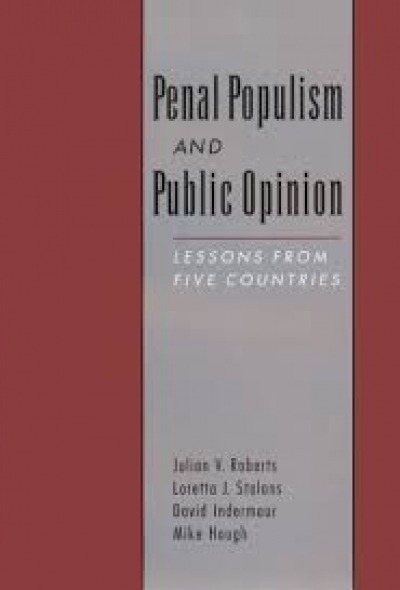Crime
Waterfront: Graft, Corruption and Violence: Australia’s Crime Frontier From 1788 to Now by Duncan McNab
by Simon Caterson •
Unholy Trinity: The Hunt for the Paedophile Priest Monsignor John Day by Denis Ryan and Peter Hoysted
by Ray Cassin •
Rough Justice: Unanswered questions from the Australian courts by Robin Bowles
by Grant Bailey •
One Split Second: The death of David Hookes and the trial of Zdravko Micevic by Michelle Schwarz
by Braham Dabscheck •
One Way Ticket: The untold story of the Bali nine by Cindy Wockner and Madonna King
by Marina Cornish •
Penal Populism and Public Opinion: Lessons from five countries by Julian V. Roberts, Loretta J. Stalans, David Indemaur, and Mike Hough
by Russell Hogg •










